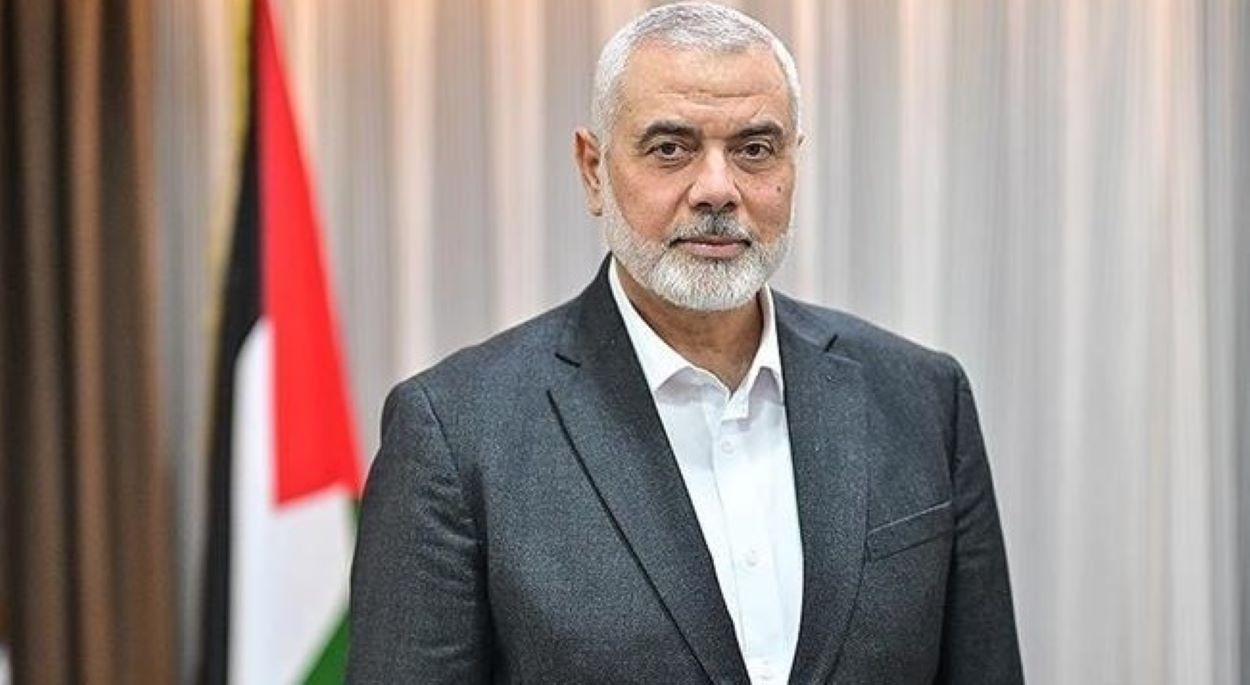Ismail Haniyeh, before his assassination in Tehran, reportedly recited a Quranic verse about life and death during a meeting with Iranian Supreme Leader Ayatollah Ruhollah Ali Khamenei. He declared, “It is Allah who gives life and causes death. And Allah is all-aware of all actions… ‘If a leader leaves, another will arise’.” Shortly thereafter, he was killed in what was believed to be an Israeli strike on his guesthouse.
Haniyeh’s statement encapsulated his belief in the inevitability of leadership renewal, even in the face of personal peril. This belief was shaped by the teachings of the late Hamas founder, Sheikh Ahmed Yassin, who advocated for armed struggle against Israel. Despite Israel’s assassination of Yassin in 2004, Hamas continued to grow into a significant military force.
During his career, Haniyeh emphasized that the Palestinian fight for liberation from Israeli occupation was sustained through sacrifice and would not be quelled by international diplomacy. He often echoed Yassin’s philosophy that true liberation of Palestinian lands could only be achieved through continued struggle, not submission.
Haniyeh’s role extended beyond combat to international diplomacy, particularly during conflicts in Gaza. His familial losses in these conflicts did not deter his commitment but reinforced his resolve. He consistently argued against normalization with Israel, asserting that such agreements could not end the conflict.
Even with his assassination, experts like Adeeb Ziadeh from Qatar University believe that Hamas’s ideological drive persists, suggesting that new leaders will continue to emerge, potentially with even greater resolve. This cycle highlights the ongoing, intense nature of the conflict in the region, with leadership in militant groups often rejuvenated by acts of violence against their members.






